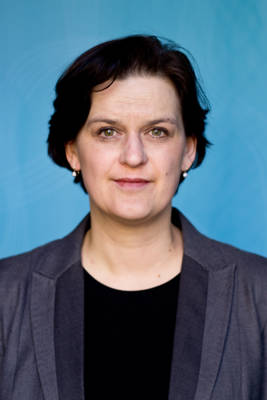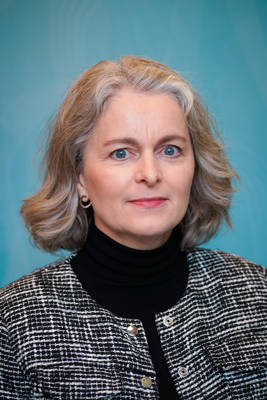The PhD Course on Gender, Peace and Security is organised and taught by Inger Skjelsbæk, PRIO Research Professor, and Torunn L. Tryggestad, PRIO Senior Researcher and Director of the PRIO GPS Centre. The course is given as part of the Research School on Peace and Conflict.
The starting point of this course is the United Nations Security Council Resolution 1325 on Women, Peace and Security (2000). This resolution represents a major breakthrough for women's rights in the peace and security arena.
The ground-breaking aspect of the resolution is its systematic insistence on the interconnectedness between gender and peace and security concerns. The resolution asks for changes in three distinctly different ways:
- First, it asks member states to increase the representation and active participation of women at all decision-making levels in national, regional and international institutions and mechanisms for conflict prevention, conflict management, conflict resolution and peacebuilding.
- Second, it emphasizes that a gender perspective should be adopted in the planning and implementation of peace operations and peace negotiations. These should include gender-sensitive training of personnel to enable them to better understand and appreciate local women's peace initiatives, needs and interests in mission areas. This could also mean that the roles for women as peacekeepers would/will need to be expanded.
- Third, it calls for increased attention being given to the protection of women from gender-based violence in situations of armed conflict, and initiatives to put an end to impunity for such crimes.







